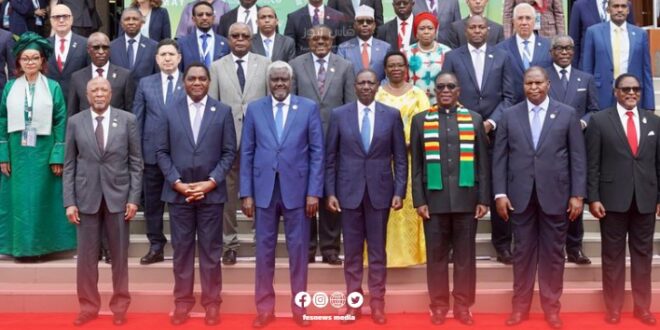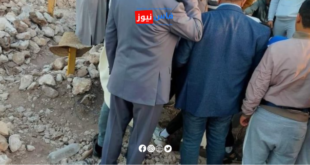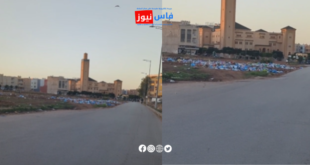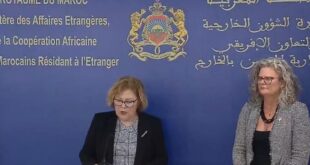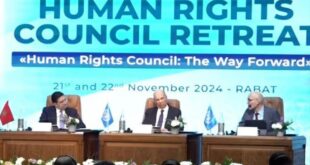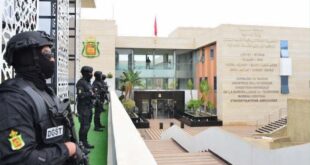The African continent is witnessing a significant event in Nairobi on May 10, 2024, as the African Summit on Fertilizers and Soil Health unfolds. This summit, organized by the African Union and the Kenyan government, is not just another conference; it is a strategic convergence of minds and efforts aimed at addressing one of the most pressing issues facing African agriculture: soil health and fertilizer use.
Representing His Majesty King Mohammed VI, Mr. Nasser Bourita, the Minister of Foreign Affairs, African Cooperation, and Moroccans Residing Abroad, leads the Moroccan delegation. The delegation includes prominent figures such as Mr. Mohamed Methqal, Ambassador and General Director of the Moroccan Agency for International Cooperation, Mr. Mohamed Arrouchi, Morocco’s Permanent Representative to the African Union and the UN Economic Commission for Africa, and Mr. Abdel Razzaq Laassel, the Moroccan Ambassador to Kenya.
The summit’s agenda is clear: to highlight the crucial role of fertilizers and soil health in stimulating sustainable agricultural growth that benefits the impoverished strata of society. With the adoption of the Nairobi Declaration, the event is expected to culminate in a ten-year action plan that will provide concrete recommendations for measures to be taken over the next decade, as well as a framework for the Soil Initiative for Africa.
This initiative is a testament to the proactive approach taken by African leaders to review the current state of soil health comprehensively and propose solutions to adjust the strategies in place for enhancing soil productivity. The goal is to achieve higher and more sustainable yields that ultimately serve the interest of the African citizen.
Morocco, under the visionary leadership of His Majesty King Mohammed VI, has always placed food security at the heart of its concerns, considering it a strategic priority. The country’s participation in the summit is a reflection of its commitment to South-South cooperation and its willingness to share its experiences and best practices with fellow African nations. Morocco’s agricultural strategies, such as the Green Morocco Plan launched in 2008 and the recent Green Generation Plan, are based on two main pillars: modernizing agriculture and food industries and developing solidarity-based agriculture for family farming.
The summit also serves as a platform for Morocco to reinforce its role as a key player in the African fertilizer market through the Office Chérifien des Phosphates (OCP Group), the continent’s leader in the fertilizer industry. The OCP Group’s presence and initiatives in Africa, including the opening of 12 representations across the continent and the launch of eight industrial projects, are in line with the royal vision of fostering an integrated approach that encompasses social and economic development in rural areas and investing in agriculture as a sector with immense potential for wealth creation and employment opportunities for the youth.
As the summit progresses, it is clear that the discussions and outcomes will have far-reaching implications for the future of African agriculture. The comprehensive review of soil health and the collaborative efforts to enhance soil productivity are steps towards a more prosperous and sustainable future for the continent’s farmers and citizens alike.
The African Summit on Fertilizers and Soil Health is more than just a meeting; it is a pivotal moment for Africa’s agricultural sector, setting the stage for a decade of action that will shape the continent’s food security and economic resilience for years to come.
: For more detailed information on the summit’s proceedings and Morocco’s role, please refer to the official statements and reports released by the Moroccan Ministry of Foreign Affairs.
 فاس نيوز ميديا جريدة الكترونية جهوية تعنى بشؤون و أخبار جهة فاس مكناس – متجددة على مدار الساعة
فاس نيوز ميديا جريدة الكترونية جهوية تعنى بشؤون و أخبار جهة فاس مكناس – متجددة على مدار الساعة

